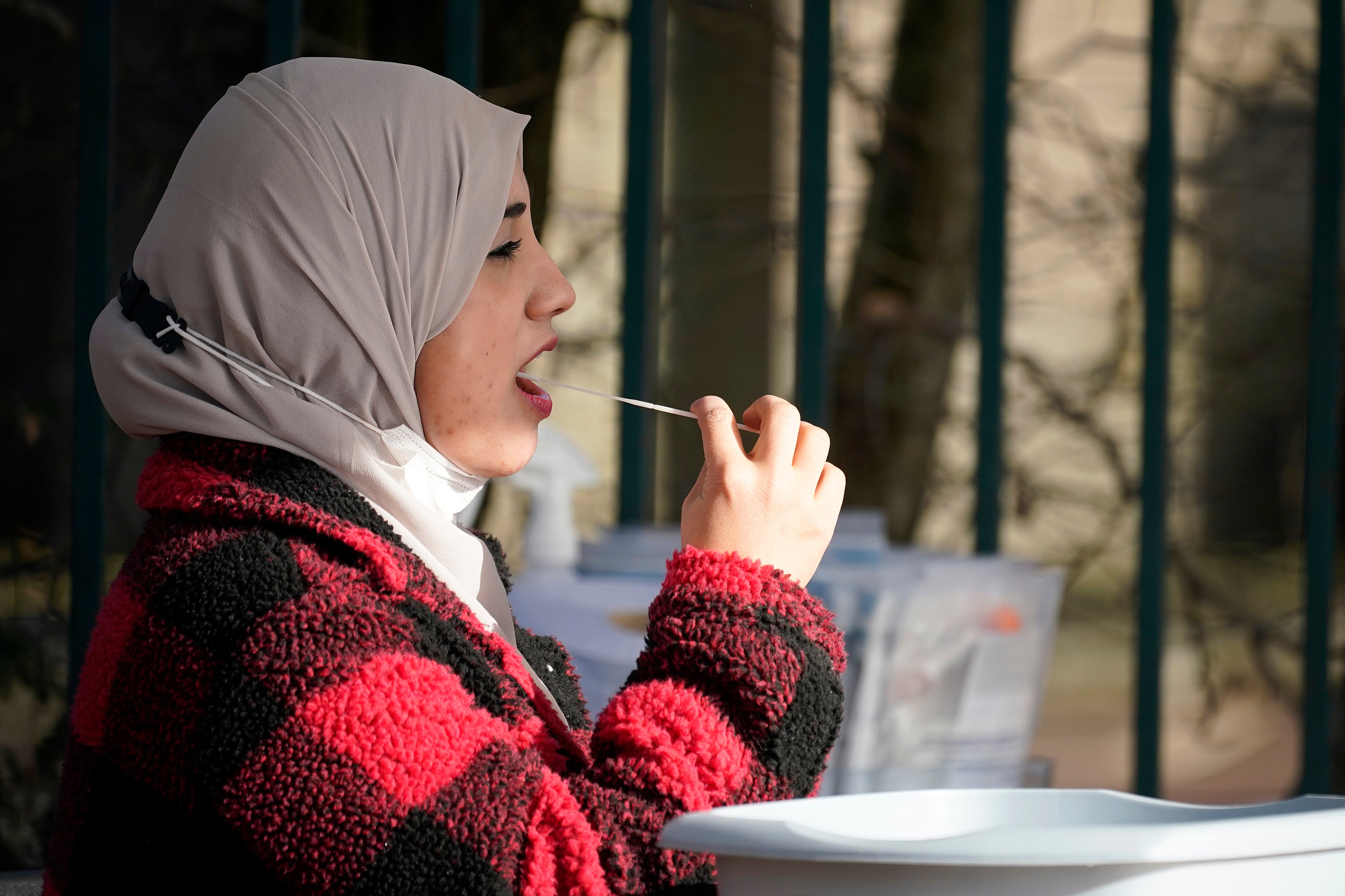Extra surge testing to begin in parts of south London as South African variant found
So far 170 cases of the coronavirus variant have been found

Extra coronavirus testing will begin in areas of south London after a case of the South African variant was discovered in Lambeth.
Residents in parts of West Norwood and a small section of Streatham are set to be tested, with surge testing and genomic sequencing rolled out, the Department of Health and Social Care said.
Anyone over the age of 16 living or working within the postcodes SE27 0, SE27 9 and SW16 2, are being advised that they should take a Covid-19 test this week. This applies to those both with and without symptoms.
Lambeth council revealed that free testing kits will be delivered to people’s doorsteps in the area. Volunteers will then collect the tests, again on the doorstep, to avoid the need for teams to go into people’s houses.
The council said that the testing was to “help us track any potential cases after a case of the variant of Covid-19 that was first identified in South Africa was discovered in the area."
Anyone who is not going to be at home to receive the test can book an appointment at a mobile testing unit. These are located in Leigham Court Road car park, in Streatham Wells, or Waylett Place car park, in Norwood.
People who are displaying symptoms should still book a test in the normal way, via the government website, while those without symptoms should refer to their council’s website for further information.
The news comes as Home Secretary Priti Patel is looking into the case of a passenger who came into the UK from South Africa, but received no checks on entering the country.
Suggestions that the South African Covid-19 variant could be spreading within communities came at the beginning of February, when 11 cases were identified in people without links to travel.
Surge testing, both door-to-door and using mobile units, began at the start of the month with communities affected in parts of London, Hertfordshire, the West Midlands, Kent, Surrey and Merseyside.
Parts of Bristol and large parts of Manchester have more recently also been subject to surge testing, after cases were found there.
Meanwhile mass testing of those living and working in Maidstone, Kent, and Woking, Surrey, has now been finished.
Dr Susan Hopkins, from Public Health England, told journalists on Tuesday that so far 170 cases of the South African variant have been identified. Among those, 18 are community cases and are not linked to international travel.
Further cases of the variant, with no links to travel, were discovered in Worcestershire and surge testing began in the WR3 postcode area on Saturday.
On Monday, England’s deputy chief medical officer, Professor Jonathan Van-Tam, said that it was unlikely that the South African variant would become dominant in the coming months.
He explained that the strain does not enjoy "transmissibility advantage" over other variants and added: “I don’t think that this is something that we should be concerned about right at this point in time."
Subscribe to Independent Premium to bookmark this article
Want to bookmark your favourite articles and stories to read or reference later? Start your Independent Premium subscription today.

Join our commenting forum
Join thought-provoking conversations, follow other Independent readers and see their replies